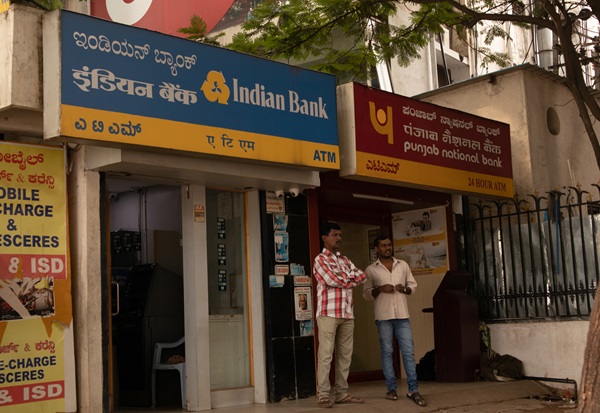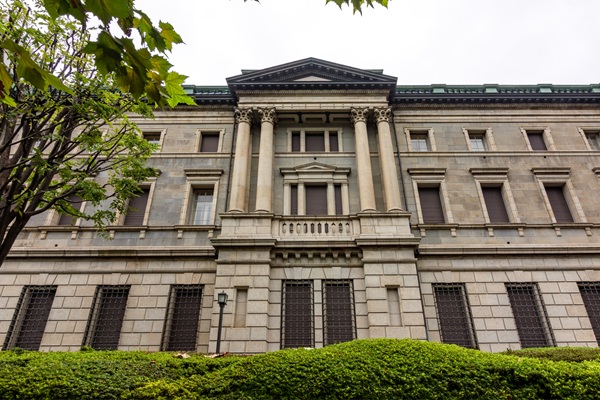.png)
September 20, 2025 at 6:32 AM IST
President Donald Trump on Friday raised the cost of hiring foreign workers under the H-1B visa programme, arguing that a $100,000 fee per petition is necessary to stop what he called decades of systemic abuse that has hurt American workers and undermined national security.
The move is expected to hit Indian IT services companies the hardest, since they are among the largest users of the H-1B programme to staff client projects in the US. Firms such as Infosys, TCS, and Wipro have long relied on these visas to deploy engineers for software development, maintenance, and outsourcing contracts.
In a proclamation issued from the White House, Trump claimed that the H-1B visa system, — originally designed to supplement the US labour market with highly skilled talent, had instead become a vehicle for large-scale replacement of American employees with lower-paid foreign workers. “The large-scale replacement of American workers through systemic abuse of the program has undermined both our economic and national security,” the proclamation said.
The president pointed to statistics showing that foreign workers now account for over a quarter of the US computer and math workforce, up from 18% in 2,000, with much of the increase concentrated in outsourcing and IT services firms. Trump accused these companies of using H-1B hires to cut labour costs by as much as 36% compared to hiring Americans, and said the practice had worsened unemployment among young US computer science graduates, which he noted is now above 6%.
The proclamation cited high-profile cases of tech companies laying off thousands of American workers while simultaneously securing approvals for thousands of H-1B visas. It also flagged incidents where U.S. employees were required to train their foreign replacements before losing their jobs. “This suggests H-1B visas are not being used to fill occupational shortages … but rather to replace American workers with lower-paid labor,” Trump argued.
Trump also cast the issue as a national security threat, alleging that some H-1B-dependent outsourcing firms had been investigated for visa fraud and money laundering. He warned that allowing wage suppression and dependence on foreign labour discouraged young Americans from pursuing science and technology careers, threatening US leadership in critical fields.
The $100,000 fee will apply to employers petitioning for H-1B workers outside the US, with exceptions permitted if the Department of Homeland Security deems a case to be in the national interest. The measure takes effect September 21 and will last for 12 months unless extended. The proclamation also directed rulemaking to raise prevailing wage levels and prioritize high-skilled, high-paid applicants in future H-1B admissions.
Critics have already warned that the fee hike could devastate sectors that rely on global talent, including technology and research. But Trump framed the move as both a corrective and a deterrent: “It is therefore necessary to impose higher costs on companies seeking to use the H-1B program in order to address the abuse of that program while still permitting companies to hire the best of the best,” he said.
The order is expected to set off a political and legal firestorm, as industry groups and immigration advocates prepare to challenge what could be the most sweeping restriction on H-1B visas since the programme’s inception.




